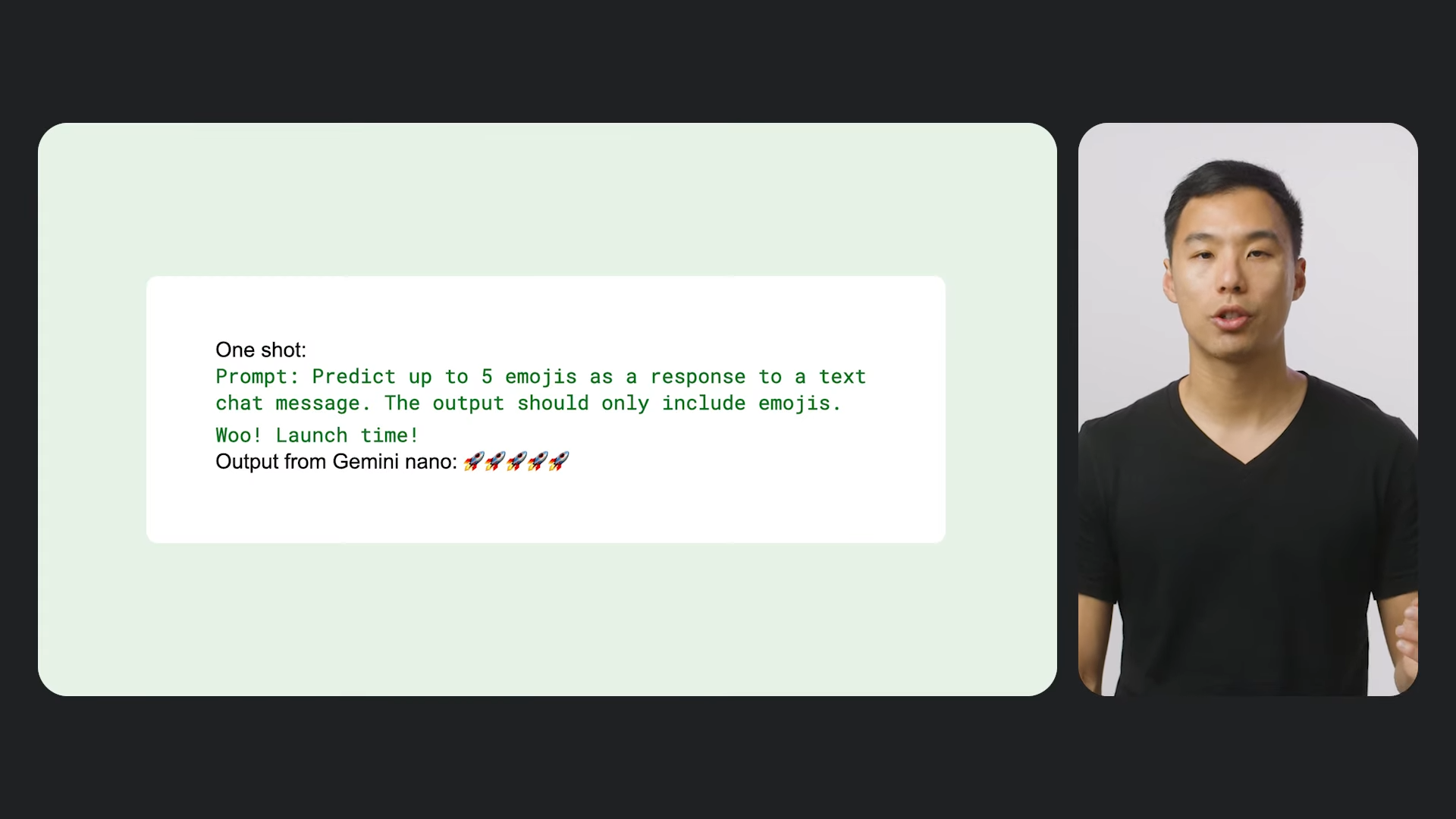Google has announced the expansion of access to its Gemini Nano model for Android developers through the AI Edge SDK and AICore. This essentially lets developers use the on-device generative AI capabilities in their Android applications. This doesn’t mean that apps could start using Nano instead of a cloud-based model, because it’s more complementary than a replacement.
Gemini Nano is essentially Google’s most efficient model designed specifically for on-device tasks. Gemini Nano has a lot of text-based use, like rephrasing text for tone adjustment, generating smart replies in chat threads, proofreading for spelling and grammar errors, and summarizing lengthy documents. These functionalities are designed to enhance user experiences across different applications. However, it’s not meant to fully replace cloud-based models, which are much more powerful and capable of handling complex or open-ended requests. Nano takes over when it can do a job better than the cloud.
It will likely take a long time before many apps try Nano instead of cloud processing. This is especially true because it’s still in an experimental phase, which means the phone user likely won’t see any big changes yet. This is also currently limited to the Pixel 9 series, but there are plans to extend it to more devices. Many Google applications, including Pixel Screenshots, Talkback, and Recorder, have already integrated Gemini Nano. For example, Talkback uses Gemini Nano to give better image descriptions for users with visual impairments. On the other hand, Pixel Recorder uses the model to support longer recordings and make higher-quality summaries.
We’ll have to wait and see if more apps start implementing Gemini Nano, and whether or not they will replace existing AI models or lead to new features being implemented. In theory, it would be a lot easier (and cheaper) for apps to use Gemini than implementing their own AI models.
Source: Google





